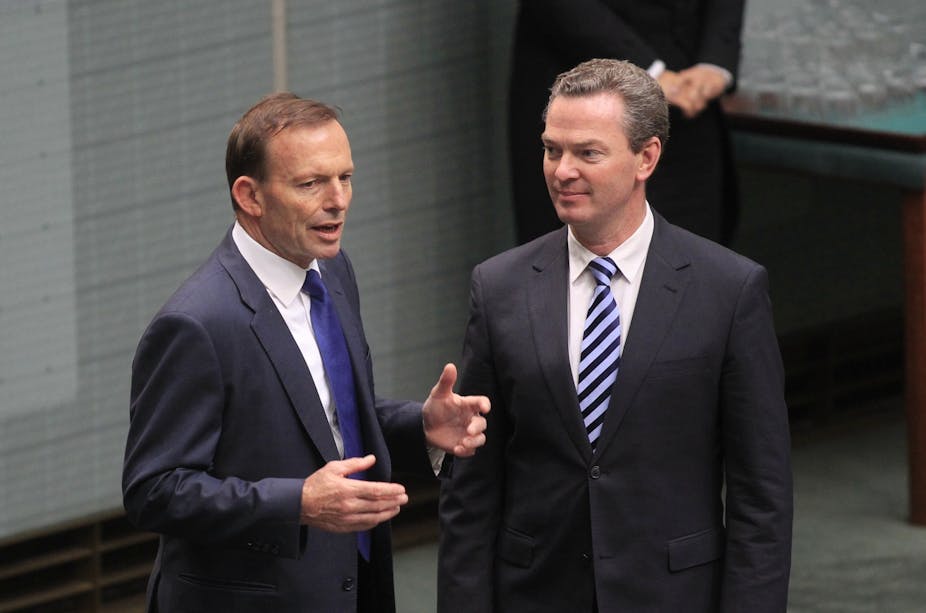The government has contacted university Vice-Chancellors across the country asking for their advice on the implementation of fee deregulation, after initially ignoring the Commission of Audit’s recommendation to do so.
The Commission of Audit recommended removing the caps on what universities could charge students, but only after considered consultation with the sector.
Budget announcements proposed to introduce fee deregulation, without consultation from Vice-Chancellors and higher education policy experts, a move criticised by some in the industry.
Vice-Chancellors had been calling on the government to reconsider the lack of consultation.
Yesterday they received a letter from the Department of Education advising it would lead a consultative process including face-to-face meetings and information sessions, culminating in a workshop on June 25 to discuss equity elements of the changes to higher education.
Higher education policy expert Emmaline Bexley said talking with the sector would be vital to drafting workable legislation.
“The Audit Committee’s proposal for a review left the door open to undertake these changes at a more considered pace, so it was somewhat surprising to see the full suite of reforms in this year’s budget,” Dr Bexley said.
She said changes to the reforms were likely after sector consultations, if only because “it’s becoming increasingly clear that some aspects of the changes are unworkable”.
Senior politicians, including Education Minister Chris Pyne and Prime Minister Tony Abbott have caused confusion over when changes would take effect, making statements that contradict the budget papers and Department of Education website.
Dr Bexley said the accumulation of interest on HECS debt while students were still studying and the application of interest to existing HECS debts were unlikely to be supported by those in the industry.
However, whether the budget’s higher education reforms would be passed through the senate, she said, was anyone’s guess.
“Clive Palmer, for example, has moved from endorsing fee deregulation to not just opposing it but suggesting we get rid of HECS and make university free.”
Chief Executive of Universities Australia Belinda Robinson welcomed the government’s decision, saying there are a number of design and implementation issues in the budget recommendations which needed to be scrutinised.
Problem areas, Robinson said, included the start date of fee-deregulation, the impact of a compounding interest rates on student debt levels (which may deter students from lower socio-economic backgrounds), and how the new scholarship system would work.

